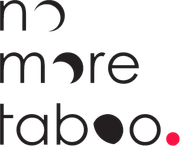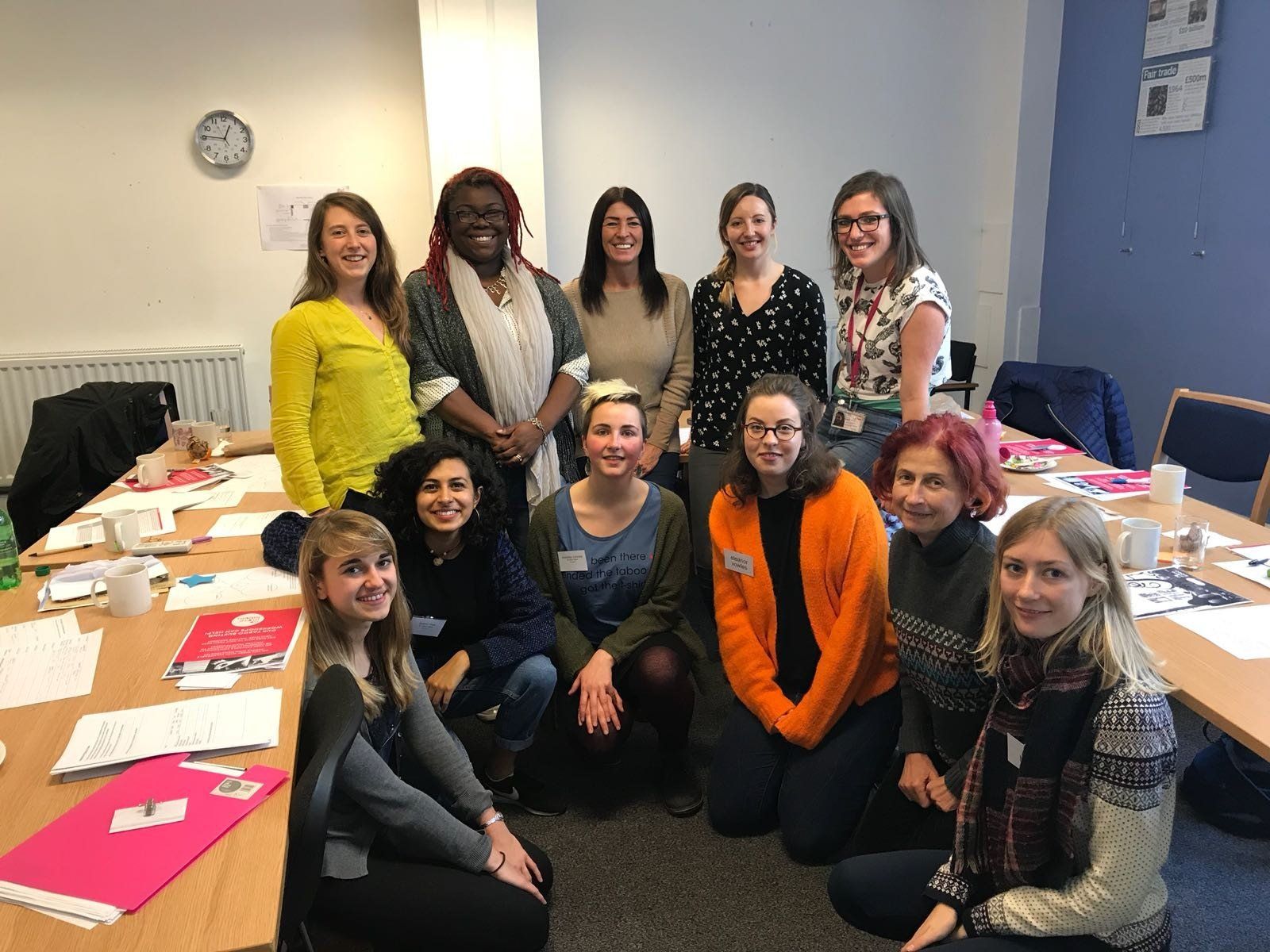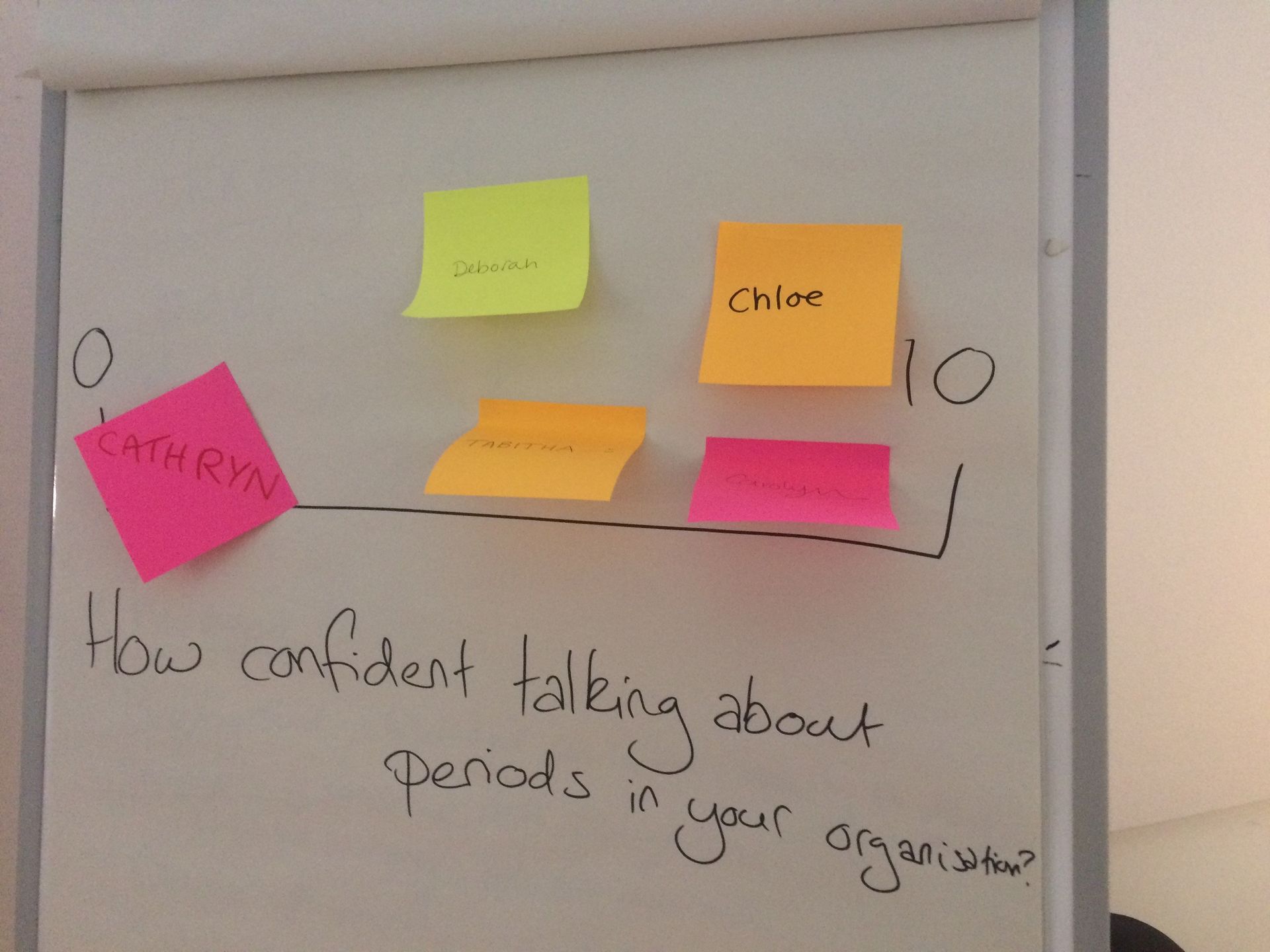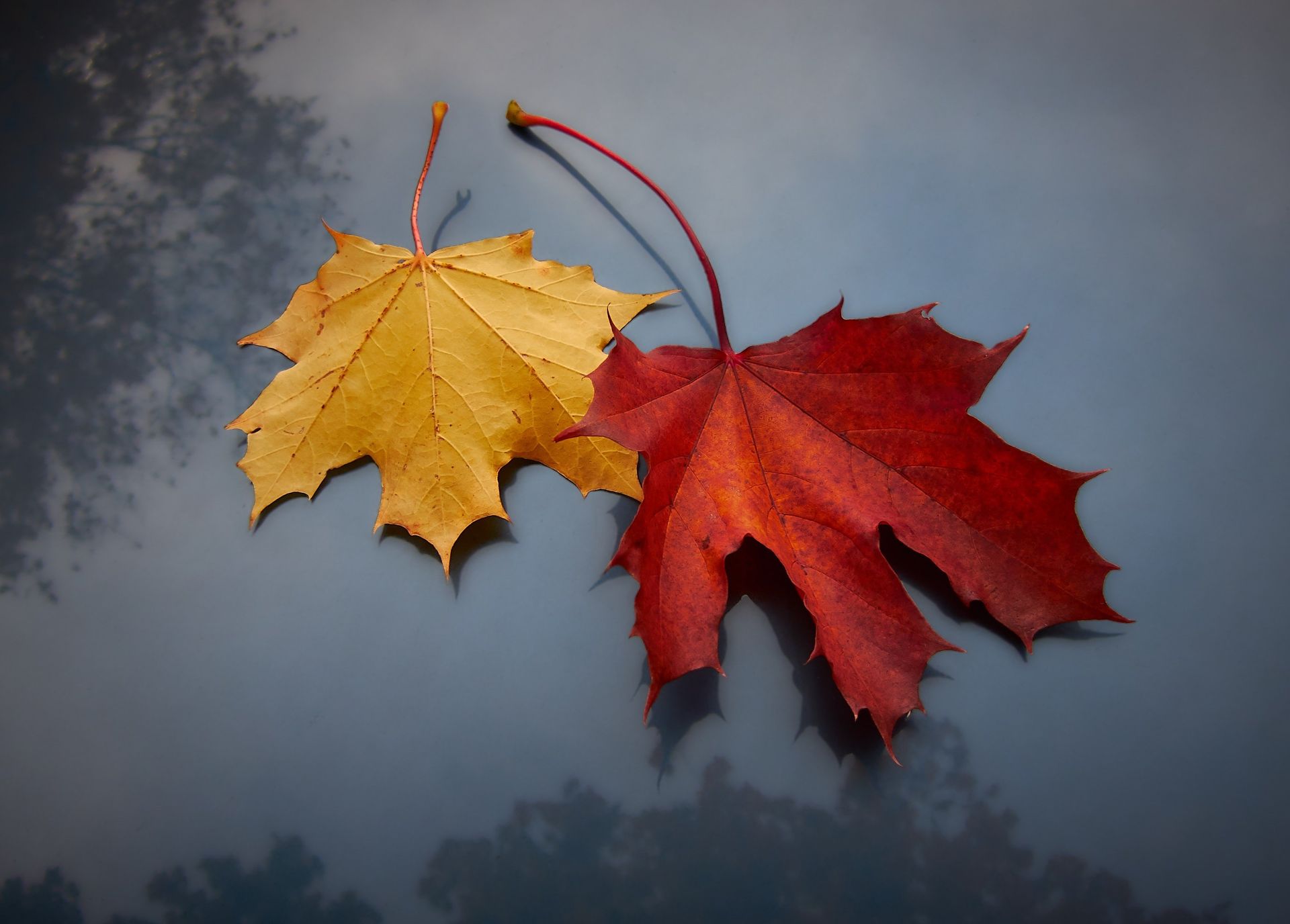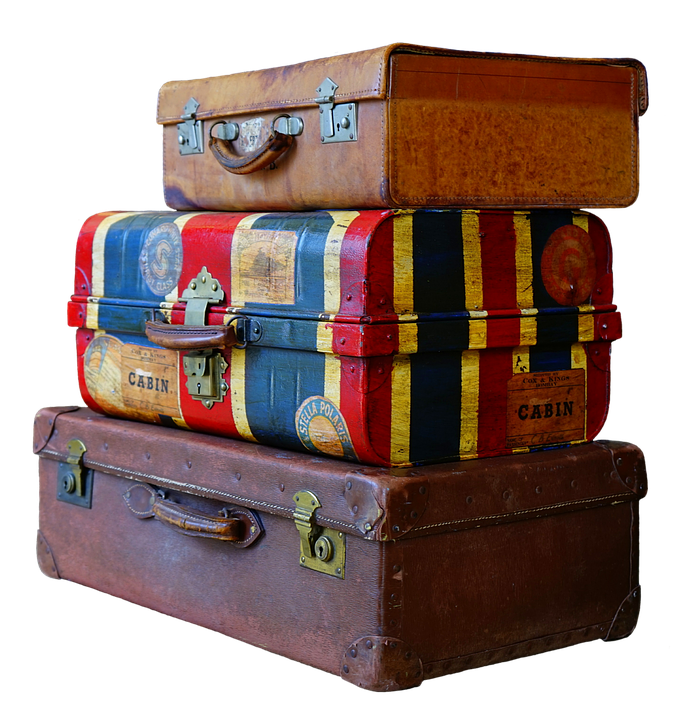Menstrual Hygiene Day 2018
- By Catherine Blom-Smith
- •
- 28 May, 2018
- •
Keep 'em clean, keep it green.
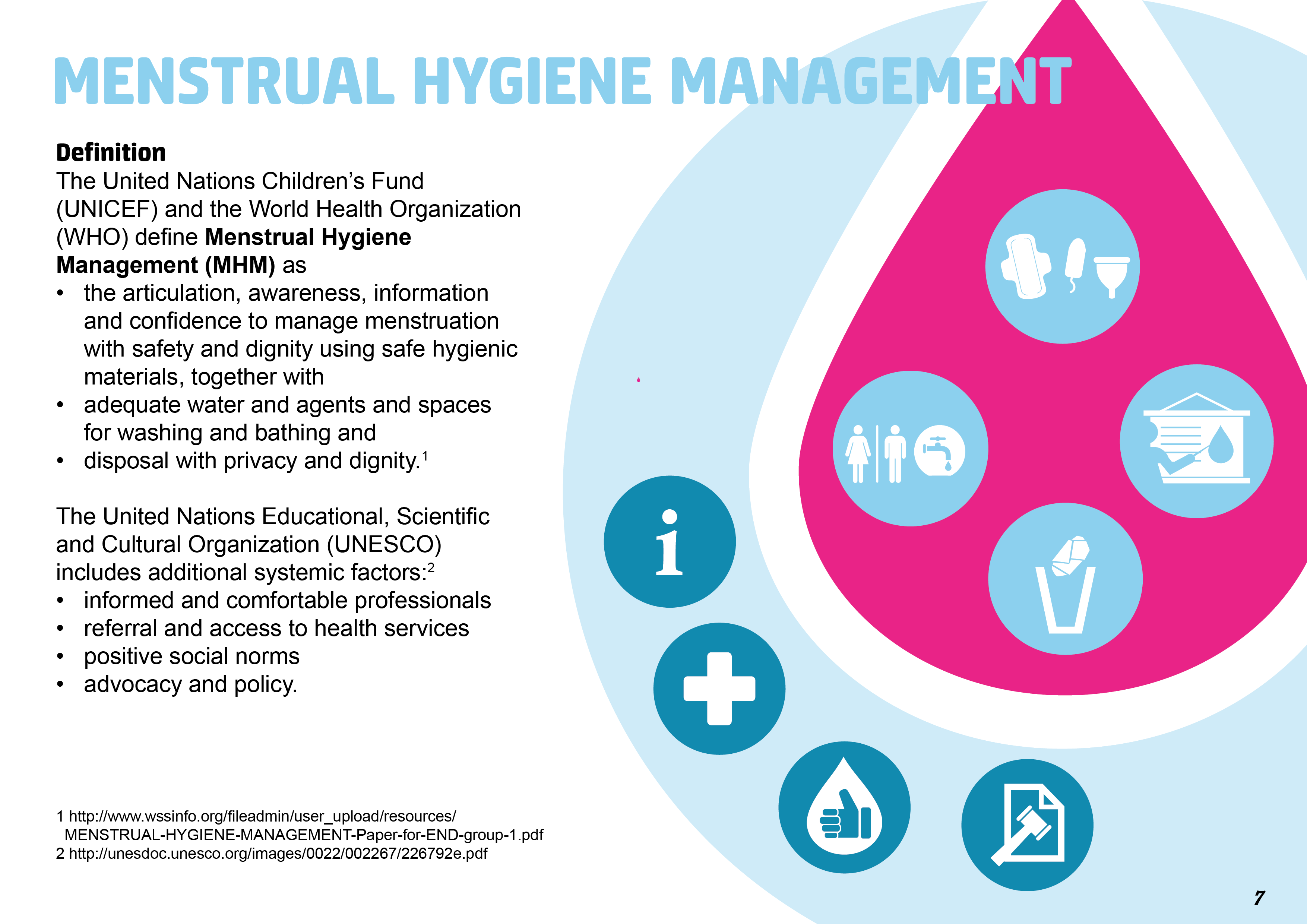
Menstrual hygiene? Is it a problem?
The 28th of May marks Menstrual Hygiene Day. Every year, this day aims to bring menstrual hygiene to the forefront of developments in the WASH (water, sanitation and hygiene) sector. Taboos around menstruation still abound, not only in the developing world, but in the UK as well. Poor menstrual hygiene has been linked to school absenteeism, increased stigma associated with menstrual blood, as well as a host of health issues. Stigma around menstruation and menstrual hygiene is “a violation of several human rights, most importantly of the right to human dignity, but also the right to non-discrimination, equality, bodily integrity, health, privacy and the right to freedom from inhumane and degrading treatment from abuse and violence (WSSCC 2013)”.
Why is it so important? What effects can it have on a person who menstruates?
Women, girls, and people who menstruate all over the world require access to safe and healthy period products, a safe and private place to use them, and an open dialogue to discuss the issues surrounding menstrual hygiene management (MHM).
Living in period poverty can have a significant impact on a person’s ability to have a safe period. Improvised sanitary products from inadequate materials such as toilet tissue or rags are extremely detrimental to a healthy menstruating vagina. It’s much harder to have a healthy period if you’re not using a product designed for it. Internal devices especially need to be learnt how to be used safely. If left unchanged for too long, bacteria can build up in the vagina which can cause infections and, in the case of tampons, Toxic Shock Syndrome. A high standard of hygiene is required for menstrual cups, during insertion, removal, and cleaning.
Struggling with managing a period, often due to inadequate supplies, can lead to school or work absenteeism. This, for younger girls, can lead to an increased stigma as their period sets them apart from their schoolmates and seriously affect their education. Missing school or work affects the economic potential of both groups and can have wide-reaching impacts over an individual’s lifetime.
Just having access to sanitary products is not enough. The products need to be produced safely so their use does not carry additional risk. In this country, tampon ingredients are unregulated so many brands can contain any number of chemicals. They are often bleached to look cotton-y white, but the chlorine used in this process is certainly not meant to be inserted into the vagina. Sanitary pads, too, contain the same amount of plastic as four plastic bags – which, when worn for a prolonged period, is likely to disrupt the natural bacteria. Awareness of these risks and the importance of changing pads and tampons regularly is a good place to start: natural cotton pads and reusable menstrual cups are, when used hygienically, an even better solution.
The environmental impact of single-use sanitary products can also affect a person’s health. If they are not disposed of safely, these can have an impact on the user’s environment and health. Disposing of sanitary products in bins, rather than flushing them, can clog plumbing and damage septic systems.
What should be done?
What this has been leading up to is the fact that a sanitary infrastructure is crucial to support those with periods. I’m talking about period-friendly bathrooms, access to clean materials and a place to dispose of them if they’re disposable, as well as a willingness to talk about health issues related to periods so problems can be treated without shame. People all over the world have the right to not only access the materials they need but also be armed with the knowledge of how to use them safely, responsibly and without doubt.
What would you do to create a safe sanitary infrastructure? Let us know! @nomoretaboo or on Facebook.
Read about some of the groundbreaking events around the world to mark this day at Washfunders.org and Menstrualhygieneday.org.
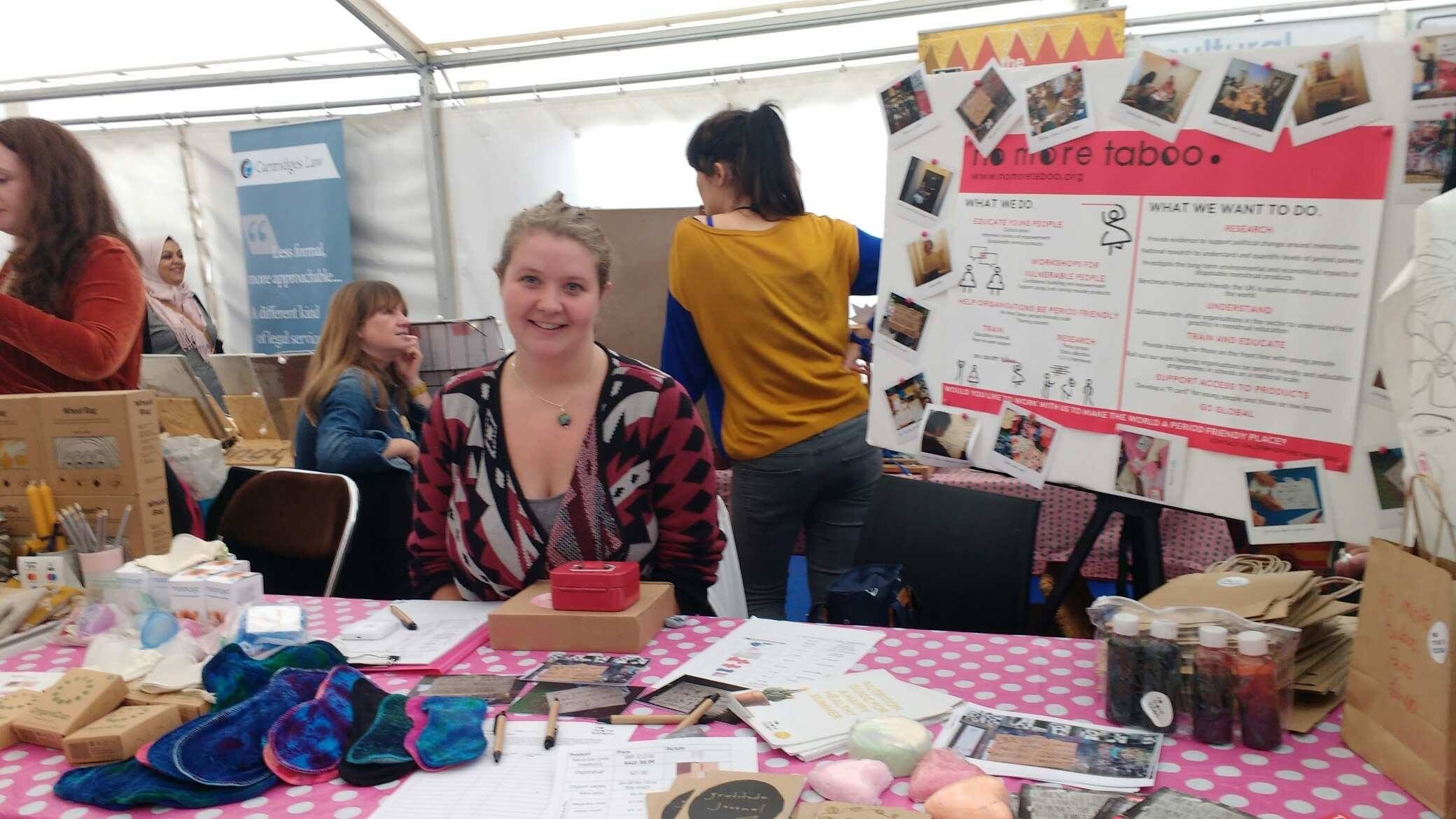
WOW Women of the World festivals have been popping up across the world, if you get the chance to go along to one we would strongly recommend it.
WOW – Women of the World festival celebrates women and girls, and looks at the obstacles that stop them from achieving their potential.
Around the world, individuals and communities are insisting on the simple proposition that women and girls must have equal rights and asking the question: why is gender equality taking so long?
Southbank Centre's WOW – Women of the World festival is a global network of festivals which provides a platform for celebrating what has been achieved, and exploring all the ways we can change the world for the better.
What’s not to love?
Our Founder, Chloe, and her Mum Angela went along to represent No More Taboo with a stall across the two days. Here’s her highlights:
“Although we didn’t get much time to take in all the discussions as we were kept busy wo-manning the stall (thanks Mum for helping out)! We had some great discussions around gender, equality, inclusivity and of course periods with new customers, supporters, other panellists and some old friends who came to see us.
In fact, we were really pleased to catch up with Plan International UK who were opening the festival with a discussion about Period Activism exactly one year on since the launch of our #BreaktheBarriers research and Period Poverty Conference that we ran in collaboration with Plan.
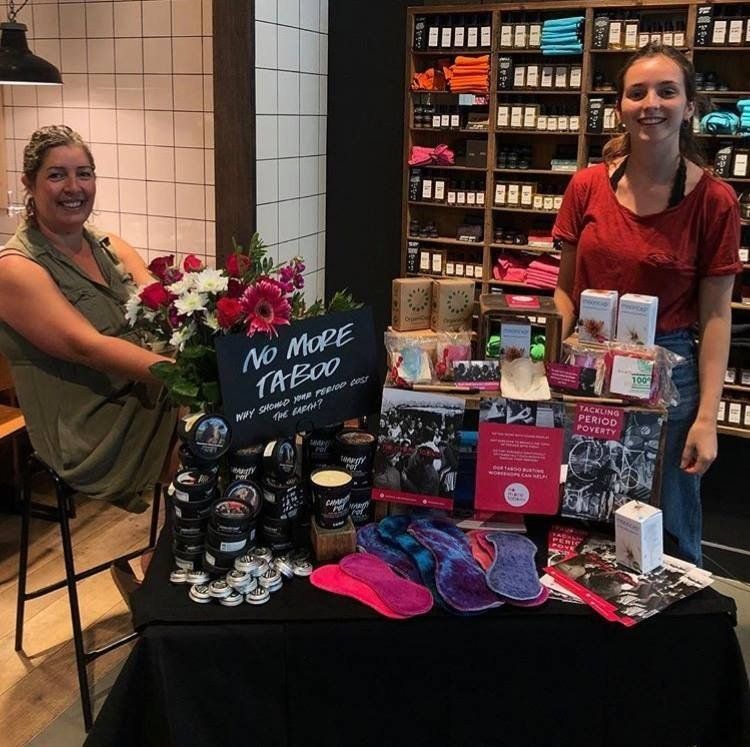
On the first weekend of September, No More Taboo set up shop at Lush Cribbs Causeway for their Charity Pot weekend.
The Lush Charity Pot is a wonderfully creamy shea-butter hand lotion where all the sales money (excluding VAT) goes towards a chosen charity or non-for-profit. This scheme is designed to help boost grass-roots, small and local organisations, like ourselves, financially so that we can continue to do the work we do such as our Tackling Period Poverty programme.
As we were Lush’s chosen organisation for the weekend of the 1-2 September, one of our volunteers, Iloni, and one of our advisors, Carolyn, went along to wo-man the (suitably Lush-styled aesthetic) stall that Lush had kindly provided for us. We took along a range of our products, stacks of leaflets and information as well as our enthusiasm for talking about all things to do with periods.
Over the weekend, we sold over £200’s worth of stock with Ruby Cups and Honour Your Flow re-usable pads proving most popular with Lush customers. On top of this, Lush sold so many of their Charity Pots that £340.60 was raised for No More Taboo – which was amazing!
However exciting the money side of things were with this event, what I personally took away as being the real highlight of the weekend was the number and nature of conversations we shared with customers.
Mothers and daughters came and chatted to us about how they agreed it was so important to use re-usable products for personal and financial reasons as well as for the planet’s sake. Boyfriends accompanied their other halves as they prodded and probed the range of menstrual cups on display. Older women commented on how it’s such a relief to be able to talk about menstruation in public and with people you’ve only just met. They regaled of a time when periods were even more hush-hush and celebrated with us out mission of there being No More Taboo.
We would like to thank Lush Cribbs Causeway for being such wonderful hosts, encouraging every customer that came through their doors to consider buying the Charity Pot or simply to chat with us. Each member of their staff team was incredibly warm and so keen to find out more about what we do. On behalf of all of us at No More Taboo, thank you.
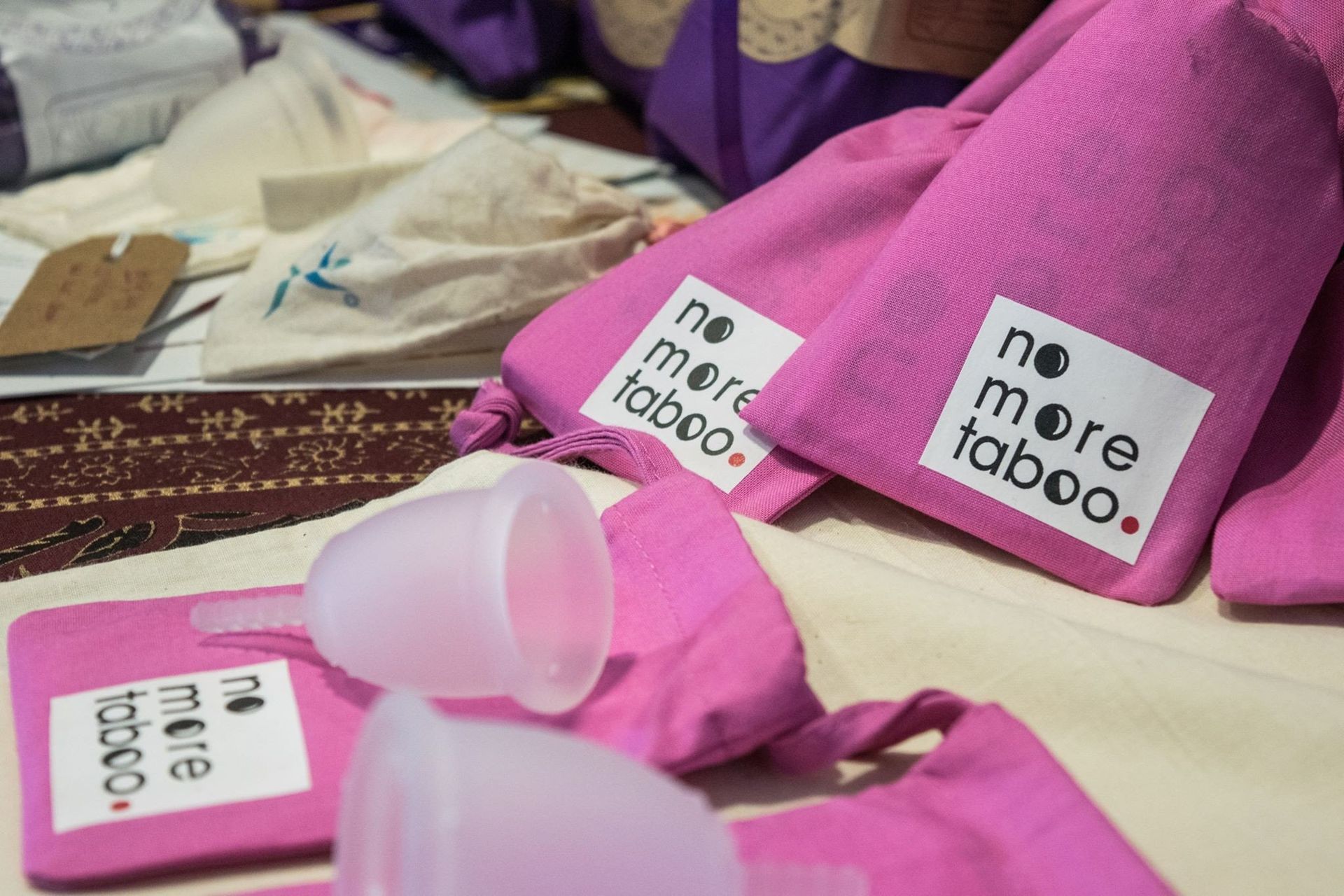
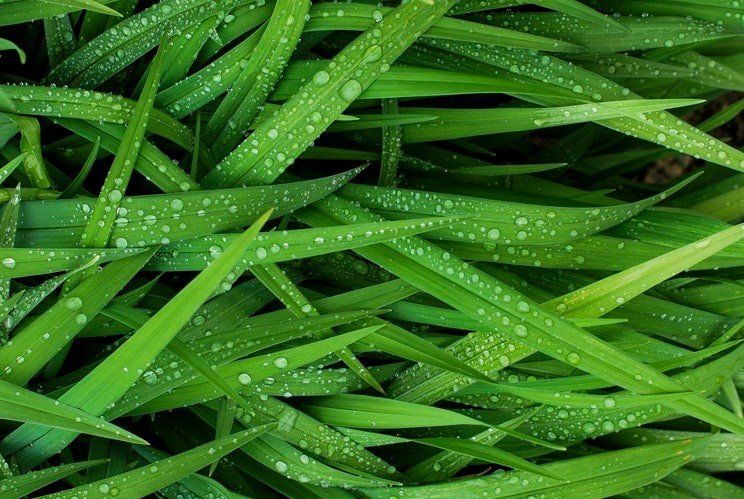
For more information, take a look at their website: https://www1.uwe.ac.uk/whatson/biggreenweek.aspx
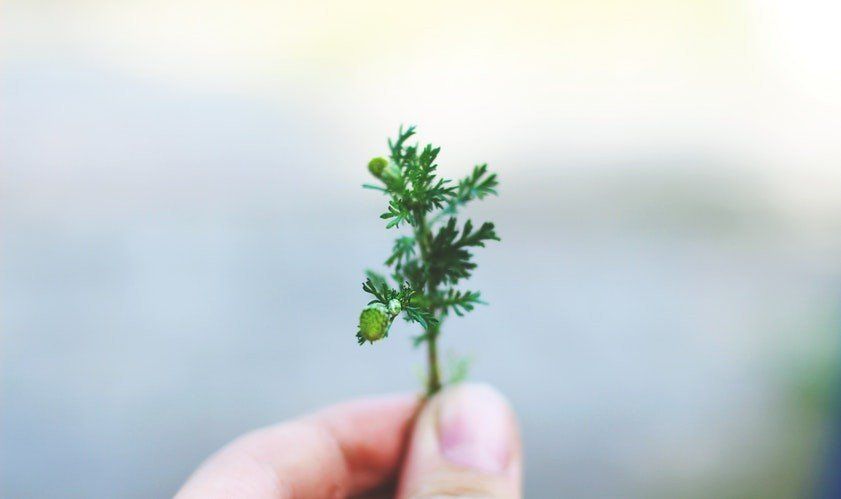
Read more here: https://www.wen.org.uk/environmenstrual-week-of-action/

